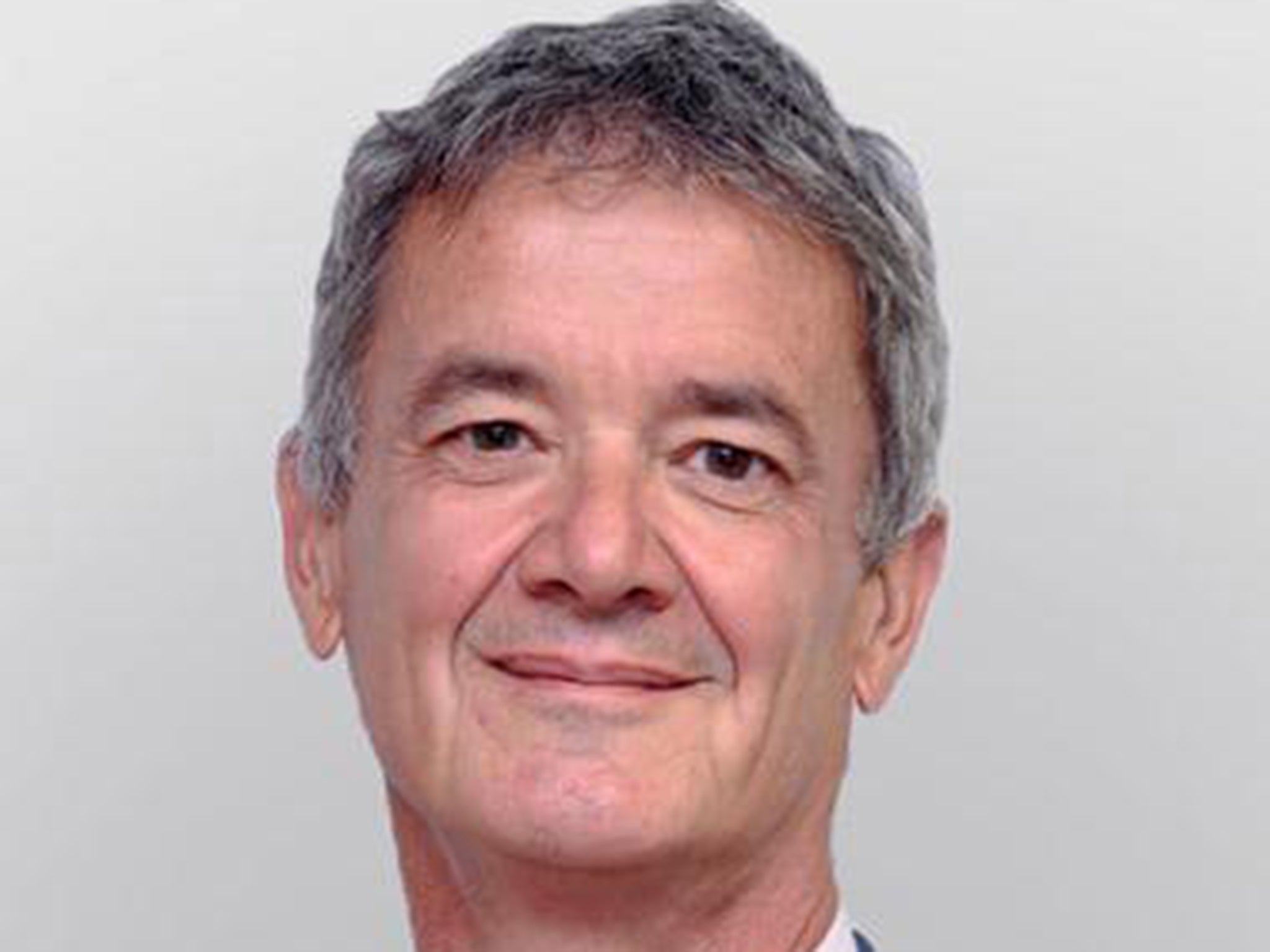Surgeon investigated over allegations women suffered 'years of severe pain' after operations
An inquiry has been launched into the surgeon's practices, after numerous complaints from former patients

A surgeon is under investigation over allegations that women suffered "years of severe pain" after his operations.
Anthony Dixon, a consultant at the private Spire Bristol Hospital as well as the city's Southmead Hospital, is facing a series of complaints from former patients.
The local NHS trust has launched an investigation into concerns over certain rectal floor procedures, which are performed to treat rectal prolapse.
The trust said the surgeon is not currently operating at Southmead and is urging any patients worried about such operations at the hospital to get in touch.
The General Medical Council (GMC) has launched its own fitness to practise inquiry and Mr Dixon is subject to a string of conditions, one of which prevents him carrying out certain procedures.
North Bristol NHS Trust said: "We are investigating concerns that have been raised regarding certain pelvic floor repair procedures which are performed to treat rectal prolapse.
"We can confirm that the surgeon under review is not currently providing any procedures at our hospital.
"We would like to reassure those affected by this that we are doing what's best for patients and we are doing all we can to fully investigate the issues that have been raised."
Emmalene Bushnell, a medical negligence solicitor at law firm Leigh Day, is representing one of Mr Dixon's former patients.
She said: "We are pleased that the NHS trust has launched an investigation into the very serious concerns raised by these women, many of whom have experienced years of severe pain and further surgery.
"It is important that any failings are urgently identified to ensure women will no longer face these types of injuries."
Other women claim Mr Dixon's operations left them with traumatic complications, according to The Guardian, which first reported the allegations.
Mr Dixon told the paper he was unable to comment on specific allegations due to patient confidentiality, adding: "As with any surgical procedure, there may be complications, but I would like to reassure patients that the overwhelming majority of operations I have completed have been successful."
Solicitors Irwin Mitchell have been contacted by more than 50 of Mr Dixon's former patients, although it is not clear how many could pursue a case.
Luke Trevorrow, a medical negligence lawyer at the firm's Bristol office, said they have raised concerns about their treatment under the surgeon's care at Southmead and Spire.
He said the patients had operations including the stapled transanal rectal resection (Starr) - a rectal procedure involving surgical staples - and ventral mesh rectopexy, where mesh is used to repair weakened pelvic floor tissue.
Mr Trevorrow said: "Approximately one third of the patients who have approached us received NHS treatment, but some of the patients who underwent surgery at Spire were NHS patients so it is not possible to provide more accurate numbers at the moment.
"We are in the process of reviewing the concerns that have been raised and cannot comment on individual cases at this stage.
"Concerns raised include not having been told of risks and complications prior to surgery, and whether the surgery was appropriate."
Press Association
Bookmark popover
Removed from bookmarks